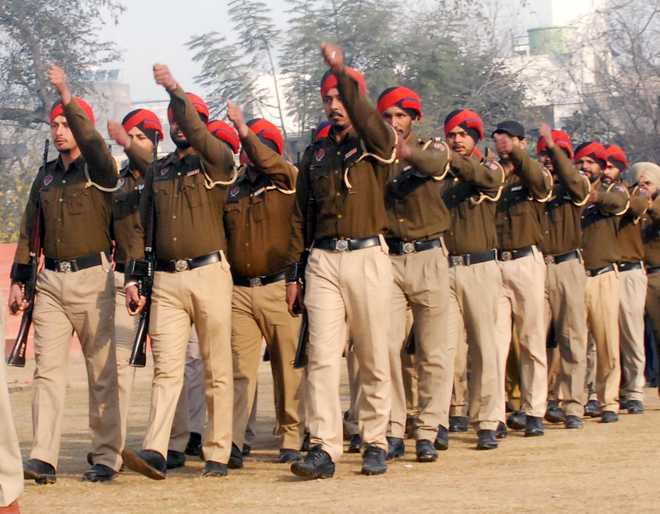
A chain is only as strong as its weakest link and the Punjab and Haryana High Court’s order prescribing action against drug consumers to cure addiction aims precisely at removing this connection from the supply chain. Its direction to Punjab, Haryana and UT Home Secretaries to initiate criminal proceedings against consumers of ‘narcotic drugs’ and ‘psychotropic substances’ aims at curtailing both demand and supply by targeting the end-users. The law makes it clear that consumption of drugs is punishable with imprisonment from six months to a year. But addicts volunteering for treatment get immunity. The judicial system’s fixation with eradicating the problem is not unwarranted. A study suggests the total number of drug users in Punjab alone was over 2.32 lakh and almost 90 per cent were literate.
But an order, any order, is as good as its implementation; and directions that give unbridled powers to the police run the risk of turning draconian. Police action, in fact, can have an equal and opposite reaction, especially when court orders empower the force and give it additional freedom to act. It can, at times, act in a manner it likes and allow itself room to get away with its deeds — an action that tends to suppress democratic policing. The powers that be, responsible for enforcing the directions, must realise that the philosophy propounded as licit by a character in a Shakespearian play — ‘to do a great right, do a little wrong’ — holds little legal and moral value in a democratic setup that decries authoritarian policing.
They must remember that a direction aimed at arresting the menace cannot have for its implementation overdependence on a police force hooked to the notion of exercising unconstitutional powers in a manner that threatens to give rise to other hazards while curing one. The courts have done their bit. It’s now over to the police to put in place enough safeguards to ensure the execution of the order with a sense of generating a curative, instead of a punitive, effect. The intention behind the initiation of any criminal proceeding is reformative. The police would do well to keep this in mind.


























